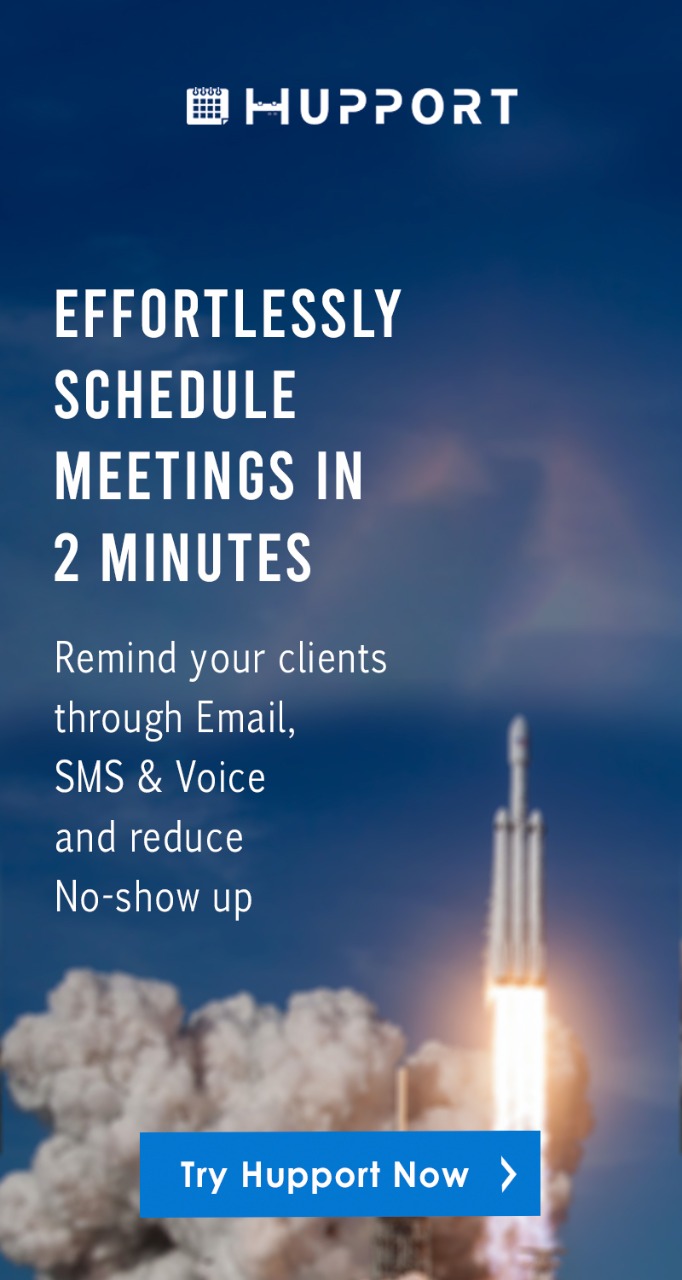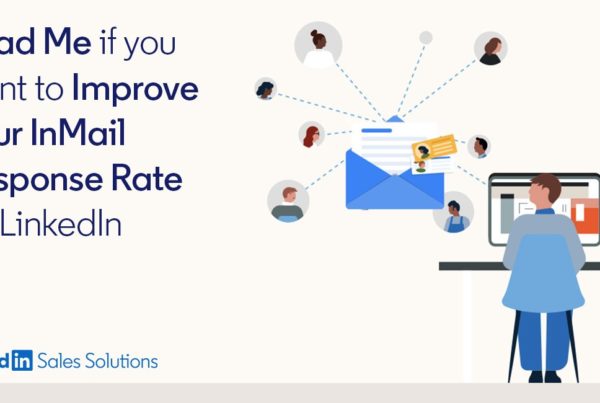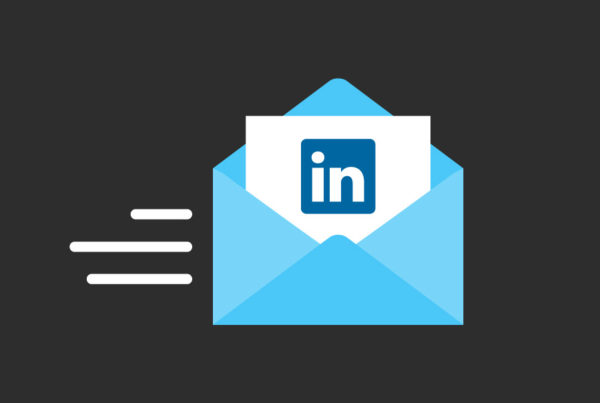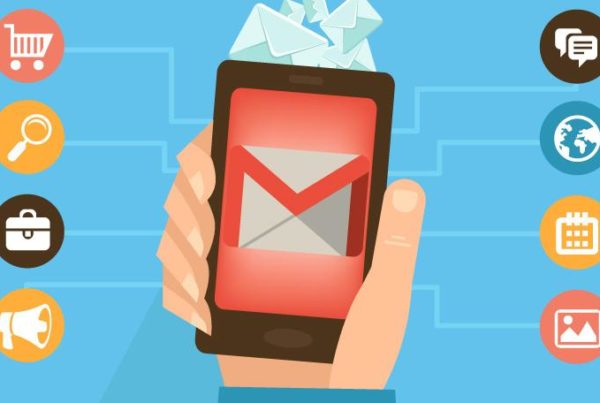Most business emails always start with “I hope this email finds you well”.
Let’s face it, you are sending an email to a total stranger. You don’t know him or her personally.
Sending an email with such greetings sounds awkward and too forward.
Business people and cooperate executives receive tons of emails each day and most of these emails always start with greetings of this nature.
When you write “I hope this email finds you well” in an email to a business executive, what exactly do you expect as a response?
Do you expect your recipient to reply with a “Yes, the email found me well”?
Think about this critically and you will see for yourself that this question actually sounds awkward.
What are the best alternatives to this statement “I hope this email finds you well”?
Let’s take a look at some good alternatives “I hope this email finds you well”.
- How are you holding up during this summer heat?
- We met at a seminar last week
- I read your article on your blog site, it is so inspiring
- Congratulations on your recent promotion
- You must be having a busy day, so I wouldn’t want to take much of your time
- Heard you just got back from a vacation, hope you had fun
- I’m reaching out to you in respect of
- It’s Friday! I hope your week has been great!
- I learned a lot from the speech you gave at the conference last week.
- I was wondering if I could get a minute of your time
- Though I just met you, I hope we could do business together
- I’m looking forward to having a meeting with you
- Allow me to introduce myself
- I learnt about your new project, I must say it is fascinating
20 Best Alternatives to “I hope this email finds you well”
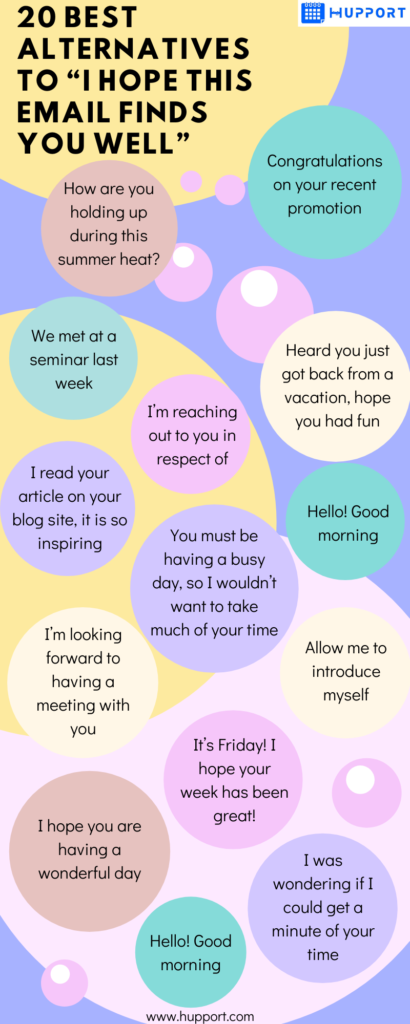
-
How are you holding up during this summer heat?
This line makes your recipient know that you actually know about what is happening around him or her.
It is not just a greeting thrown in the air, it is a reasonable statement that the recipient can actually relate with.
-
We met at a seminar last week
This is a great line if you have actually met your recipient.
With this statement, your recipient will know that you actually know him on a more personal level.
He or she will be more willing to attend to your email.
Even if your recipient cannot remember you immediately, you can do better by reminding him or her of what you two talked about during the seminar or what happened at the seminar.
-
Congratulations on your recent promotion
This works best if your recipient has actually been promoted or bestowed with an award.
Congratulating your recipient will make him or she knows that you actually know about him and what is happening in his or her life.
Everybody appreciates it when being congratulated for an achievement or promoted.
A congratulatory statement might just be the key to get that business executive to reply to your email.
-
You must be having a busy day, so I wouldn’t want to take much of your time
With this statement, your recipient will know that you are a person that knows the importance of time.
You also acknowledge that your recipient is having a busy day, which most definitely will be true.
This statement needs to actually reflect in your email.
You have told the recipient that you wouldn’t want to waste his or her time so don’t go writing paragraph upon paragraph.
Your email should be brief and concise.
-
I’m reaching out to you in respect of
This statement will activate curiosity in the mind of your recipient.
Most people feel good about themselves knowing that they could be of help to others.
With a statement like this, there is something you want your recipient to do for you.
Make it clear in your email what you want and why you are reaching out.
You should ask things that are relevant and what you know that your recipient can actually do.
-
Heard you just got back from a vacation, hope you had fun
This is a great way to let your recipient know that you know much about him or her.
This is not just a generic greeting or statement. Only a few people that care will actually know if a business executive went for a vacation or not.
This statement makes you more familiar with your recipient and it increases trust in the mind of your recipient.
-
I read your article on your blog site, it is so inspiring
This statement is great if you want to talk about something concerning what you read in the article.
Maybe you want your recipient to throw more light into what you read or maybe you want him or her to assist and mentor you.
Reading the article is good but also telling your recipient that the article is inspiring will make him or she feel good about himself or herself.
Your chances of getting a reply have definitely increased when you start an email with a statement like this.
-
It’s Friday! I hope your week has been great!
Before you make this statement in an email, you should make sure it’s actually a Friday.
Do not send this to a recipient when it is not a Friday. It will make you look stupid and unserious.
-
I learned a lot from the speech you gave at the conference last week.
You should actually be sure of what you are saying before making this statement.
Since you said you learned a lot from the speech given by your recipient at the conference, reference those things he or she said.
This will juggle the mind of your recipient back to what he or she talked about.
Your recipient will also know that you were very attentive at the conference and you took what he or she was saying seriously.
If you could pay attention to him/her, definitely he/she will pay attention to your email.
-
Though I just met you, I hope we could do business together
This is showing your recipient that you believe in him or her. It shows a great level of trust.
This statement at the beginning of an email could seal a business deal.
It is a statement that says, though I don’t know you really well, I trust you and I’m willing to team up with you.
-
I’m looking forward to having a meeting with you
Why are you looking forward to having a meeting with me?
This is the question that will be in the mind of your recipient.
You need to let your recipient know why you are looking forward to having a meeting with him or her.
Is there something important you want to discuss with him or her? You need to mention it in your email.
Do you need any favors from your recipient? You need to mention it in your email.
Give a solid reason why you want to have a meeting with him or her.
-
Allow me to introduce myself
This statement makes you look very respectful and professional.
You didn’t just start introducing yourself. You first took permission before introducing yourself.
Only a very few people that send emails will take permission before they introduce themselves.
Saying this will definitely give your email an edge over other emails.
This will make your recipient know that you are very respectful and you seek permission over little things.
Imagine entering into a room in your house without knocking.
Though you have a right to enter into the room without knocking, it is more proper and civil to knock before entering the room.
This scenario explains why this statement will yield better result rather than just introducing yourself without first seeking permission.
-
Hello! Good morning
This is the shortest form of greeting and pleasantries. It is short and straight to the point.
Sending this in an email, be sure that it is actually morning.
Do not send good morning when it is afternoon or evening where your recipient is.
If you are sending to a country with a different time zone, make sure you know the time of your recipient before sending the email.
-
Hello! Good Afternoon
Just as the “good morning” greeting, make sure that it is actually afternoon where your recipient is.
Do not send a “good afternoon” when you are not sure what time is it over where your recipient is.
Your recipient may not open the email at the afternoon time when you sent it, that is not your concern.
What you need to be concerned about is to make sure you send the email at the right time.
This will make your recipient know that you give attention to details and you are not just saying anything that comes into your head.
-
I hope you are having a wonderful day
It is a well-known fact that most people working are not having a wonderful day.
They are busy with their work and probably won’t be able to finish up before the end of the day.
They are going through pressure at work and are far from having a wonderful day.
You can make them feel a bit better by making this statement.
They will probably lie and say they are having a wonderful day or better still ignore the question.
That shouldn’t be your concern. What matters is that you have shown concern to the wellbeing of your recipient.
A recipient that appreciates a show of gesture will definitely acknowledge it.
-
How are things at your new place of work? I hope you are settling in well
This is a show of familiarity. Saying this will make your recipient know that you are aware that he has changed his place of work.
This is not just a meaningless small talk or a generic greeting.
It is a statement of fact and awareness. Saying this will get the attention of your recipient.
He or she will be curious to know who is the person that sent the email.
How did the person know that he or she was transferred or has changed their workplace?
This statement will instill curiosity in the mind of your recipient which will increase your chances of getting a reply.
-
I learnt about your new project, I must say it is fascinating
What new project did you learn about? How is the project related to the email you are sending?
These are what must be added to your email. The email should contain what the project is about and why it is fascinating.
Don’t just say things to impress your recipient alone, you need to make meaning out of what you say.
How has what you learnt be beneficial to you?
All these things should be included in your email.
-
I want to start by telling you how impressed I was by your presentation at the seminar last two weeks.
Did your recipient make a great presentation at the seminar? Was there something you gained from the presentation?
You need to be sincere with what you are saying.
Your recipient will want to know what exactly impressed you during the presentation.
You can remind your recipient of a particular statement that he or she made that really wowed you.
-
Thank you for visiting us! hope you enjoyed our product and services
Are you sending a business email to a customer?
Starting your email with this statement creates an avenue for your customer to give feedback about your business.
Maybe you are sending an email to inform your customer of a new product, first, you need to get feedback about your old product.
Appreciate your customer first before marketing a new product to him or her.
-
I was wondering if I could get a minute of your time
You need a minute; a minute you will get so make it count.
Do not ask for a minute and then writing a lot of paragraphs that will take more than five minutes to read.
What you are saying should be relevant to your recipient because taking a minute out of his or her schedule to read your email is a sacrifice.
Let the minute count so that your recipient will be more than willing to respond to your email.
Conclusion
These are some of the best alternatives to “I hope this email finds you well”. Apply each statement to emails that best suit the condition. Your first statement should correspond to the whole email.
There is no particular way to greet or exchange pleasantries in a business email. The most important thing is to be different and unique. Do not use a generic greeting line or a greeting line that is not relevant to your email.
You are sending an email to a total stranger. You don’t know him or her personally. Sending an email starting I hope this email finds you well is not formal and with such greetings sounds awkward!
Create curiosity by adding personalized reason, I’m reaching out to you in respect of “reason”

